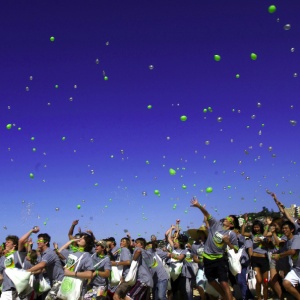Learning in a digital age/LiDA103/Defining OER/Summary
From WikiEducator
In this unit, we:
- Postulated that in a digital world, where the cost of replicating knowledge is near zero, as individuals working together we can widen access to learning for all using the open web and open content licensing.
- Considered the relationships between digital freedom and education.
- Reflected on the shortcomings of copyright as a mechanism to regulate the ownership of ideas in a digital world and the necessity to align our educational practices with our core values in fostering an ecology of creativity in education.
- Provided a framework for defining OER according to three interrelated dimensions:
- Educational values: namely that OER should be free;
- Pedagogical utility: ensuring that OER embeds the permissions of the 4Rs (reuse, revise, remix and redistribute); and
- Technology enablers: specifying that OER should consider access to the technical tools required for editing and that OER should be meaningfully editable to facilitate the 4R activities.
- Considered the implications of OER for learning in a digital age with a focus on solving real-world problems.
Closing activity
